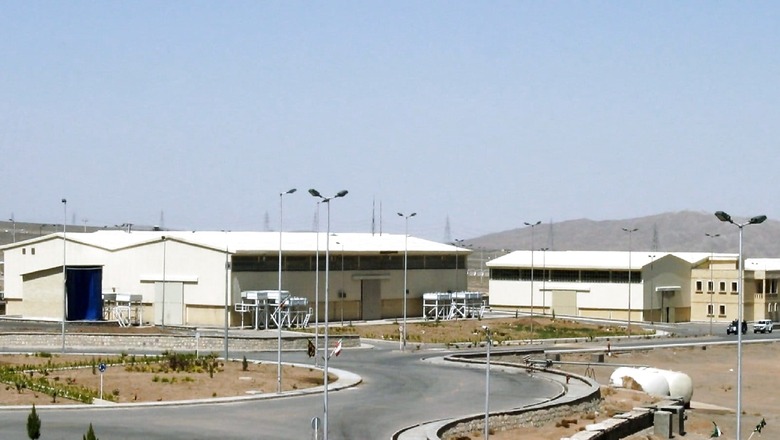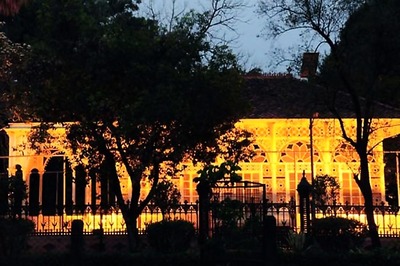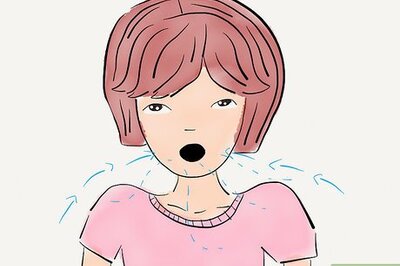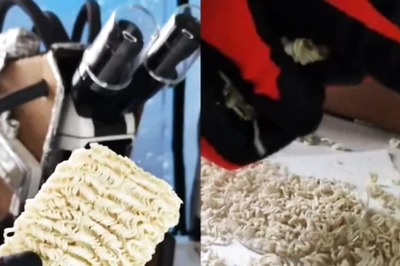
views
The EU said Friday that the talks it is chairing on the revival of the 2015 Iran nuclear accord must be paused, days after fresh demands from Russia complicated negotiations. The EU’s foreign policy chief Josep Borrell tweeted that the pause was “due to external factors,” despite the fact that “a final text is essentially ready and on the table”.
The current round of negotiations started in late November between Britain, China, France, Germany, Iran and Russia, with the US taking part indirectly. They had reached most of the way toward their aim — the revival of the 2015 Joint Comprehensive Plan of Action (JCPOA), which began unravelling when former US President Donald Trump withdrew from the deal in 2018.
However, last week Russia said it was demanding guarantees that the Western sanctions imposed on its economy following its invasion of Ukraine would not affect its trade with Iran.
As with the original JCPOA in 2015, Moscow had been expected to play a role in the implementation of any fresh deal, for example by receiving shipments of enriched uranium from Iran.
Energy ‘weapon’
After he withdrew from the JCPOA, Trump went on to reimpose swingeing sanctions on the Iranian economy, including on its vital oil sector. That prompted Iran to start disregarding the curbs laid down in the deal on its nuclear activity, including its stockpile of enriched uranium — now at more than 15 times its limit in the deal.
The JCPOA’s aim was to ensure Iran would not be able to develop a nuclear weapon, which it has always denied wanting to do.
“Russia’s gambit may be to delay the revival of the deal in order to avoid a flood of Iranian oil on the market” and the concomitant fall in prices, French academic and Iran specialist Clement Therme told AFP. “In keeping prices high, the Kremlin can use energy as a weapon against the West,” he added.
As for Iran itself, “the Islamic Republic isn’t in a position to counter the Russian strategy,” he explained. “Moscow is making use of Iran’s weakness.”
Iranian foreign ministry spokesman Saeed Khatibzadeh said the pause in talks “could be a momentum for resolving any remaining issue”. “No external factor will affect our joint will to go forward for a collective agreement,” he said in a tweet.
Russia’s ambassador to the UN in Vienna, Mikhail Ulyanov, told reporters outside the hotel where the talks have been taking place that he rejected “attempts to put all the blame on the Russian Federation”. “The conclusion of the deal does not depend on Russia only,” he said, saying that other parties to the talks “need additional time”.
He added that Russia was in favour of the “earliest conclusion” of the talks.
Borrell said on Friday that he would “continue to be in touch with all #JCPOA participants and the US to overcome the current situation and to close the agreement”. He gave no further details on when the talks might resume.
Read the Latest News and Breaking News here

















Comments
0 comment